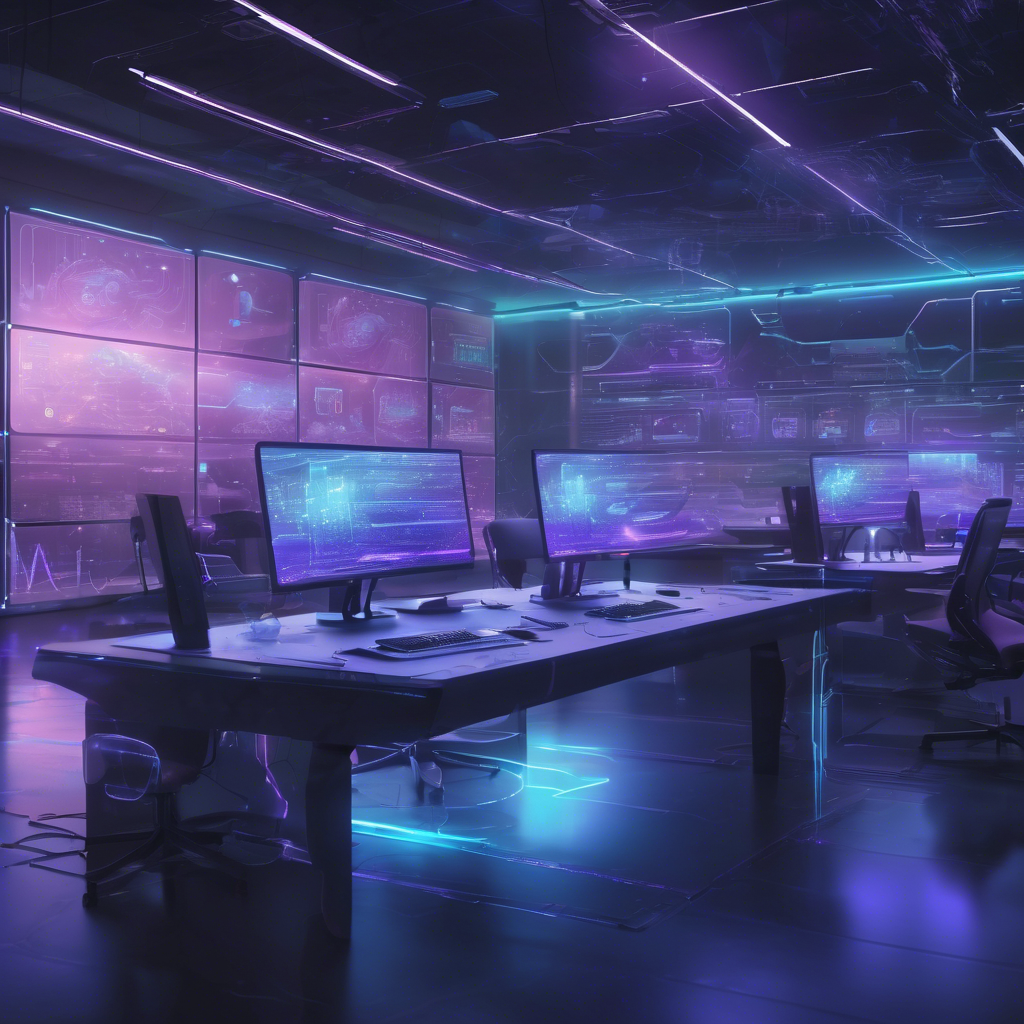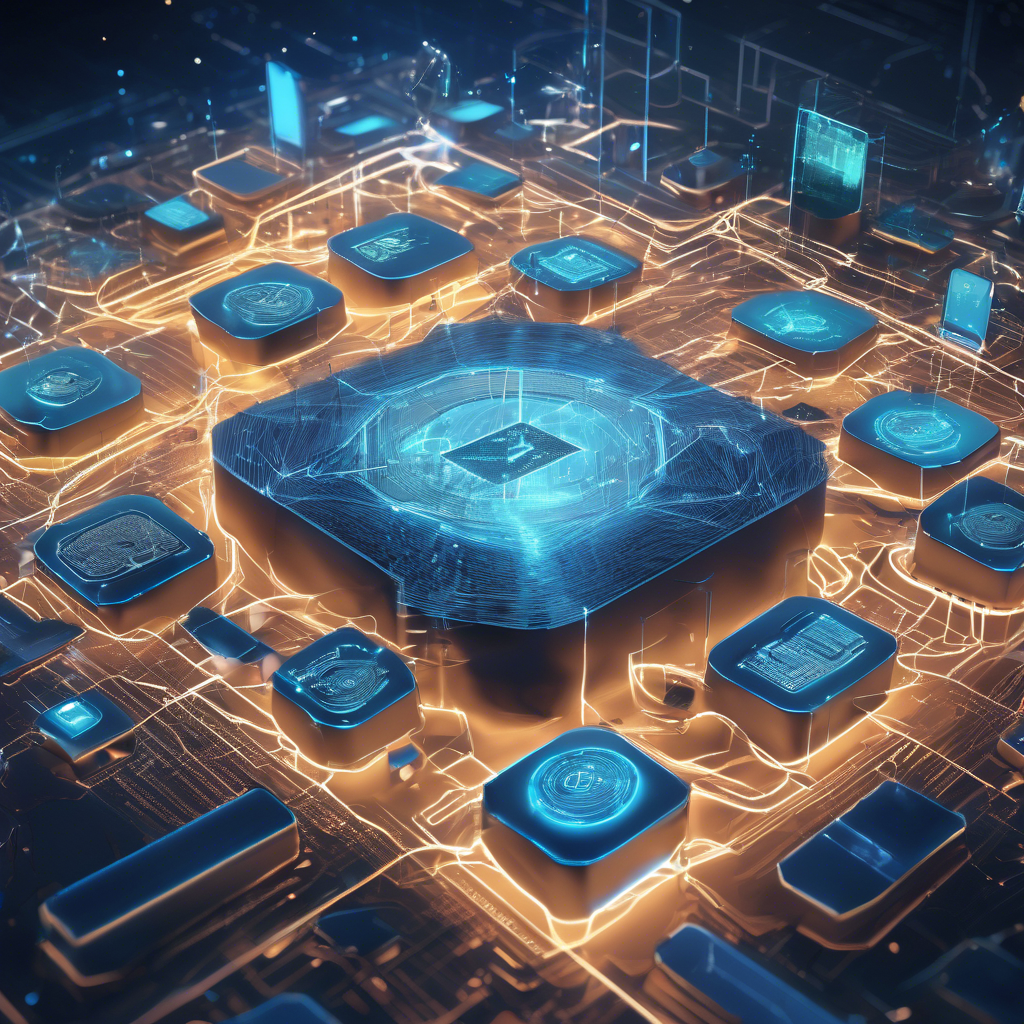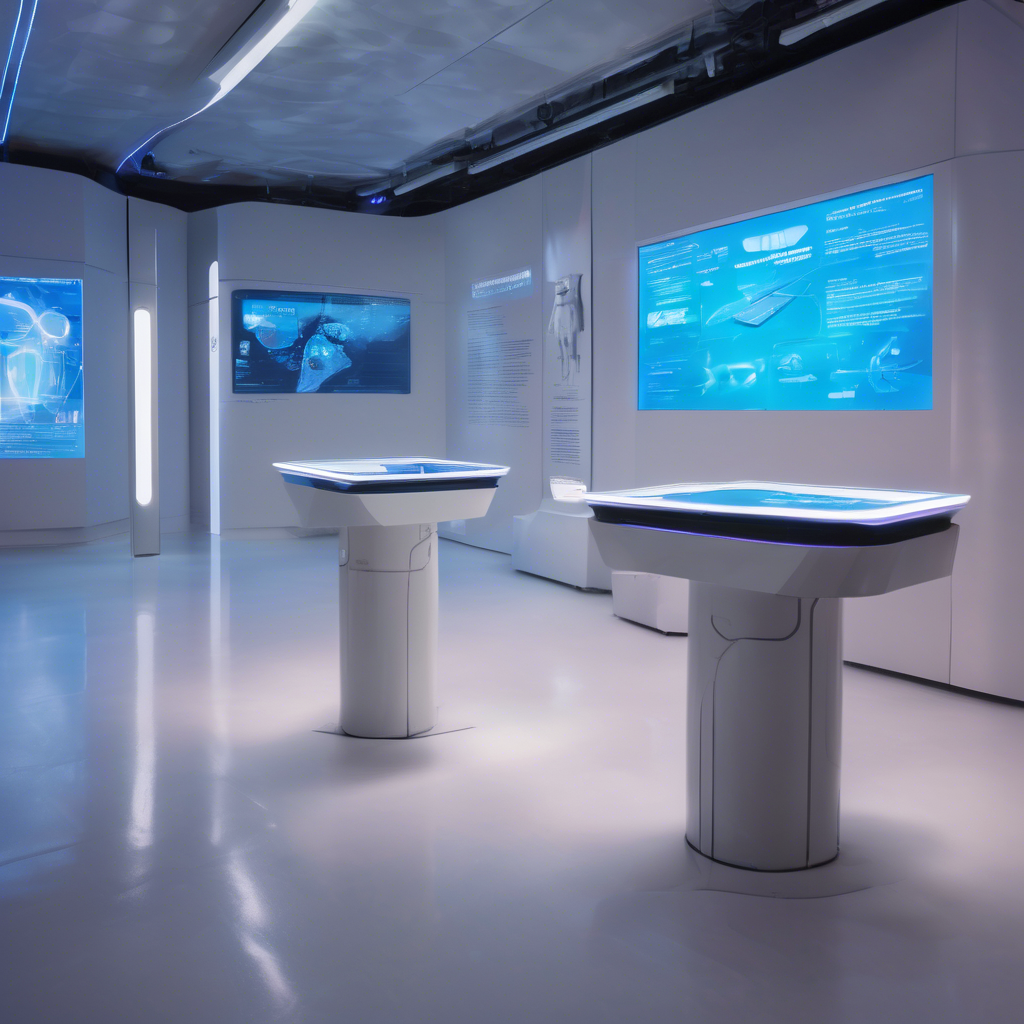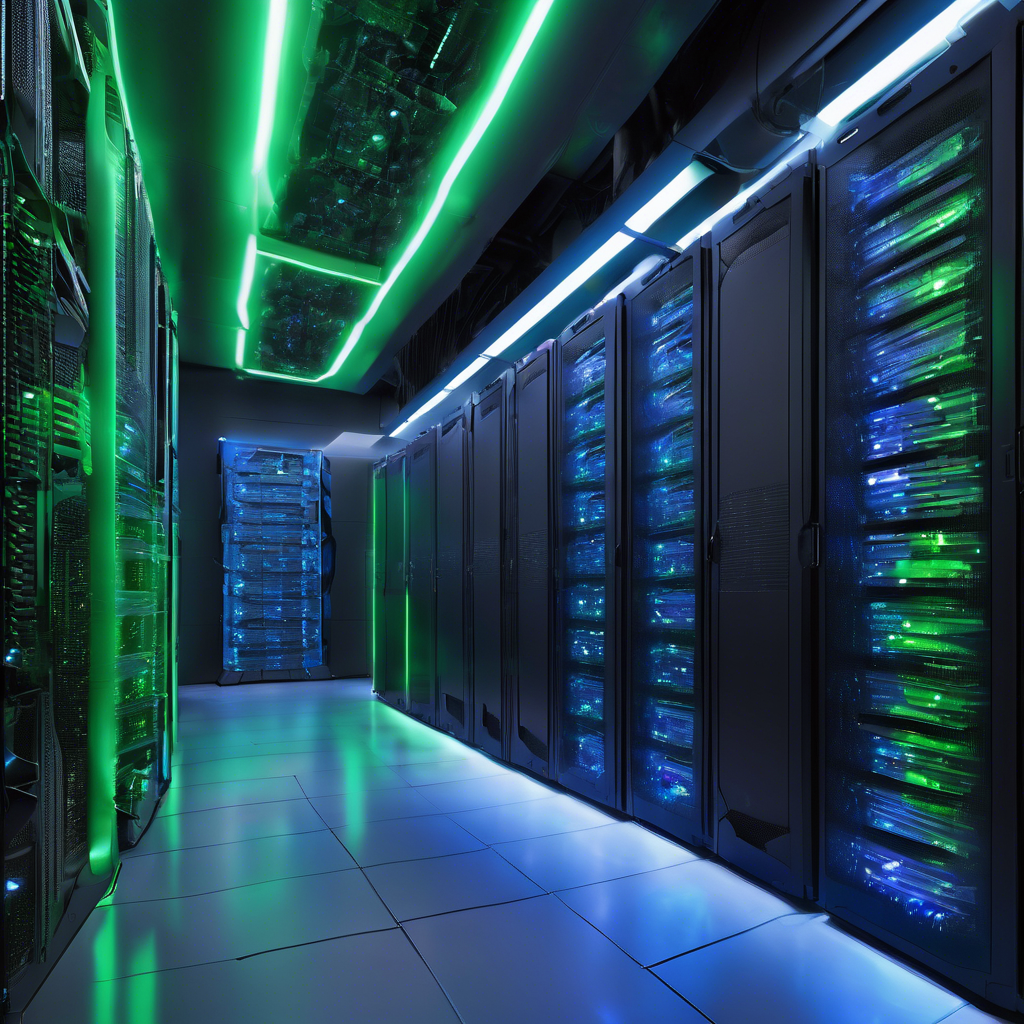The Impact of AI on Human Intelligence and Critical Thinking: Risks and Challenges

Imagine being a child in 1941 taking a public school entrance exam with just pencil and paper, asked to write for 15 minutes about a British author. Today, we wouldn’t hesitate that long—AI tools like Google Gemini, ChatGPT, or Siri provide instant answers. Outsourcing thinking to AI has become routine, but growing evidence suggests human intelligence may be declining, and some experts worry this dependence on AI accelerates the trend. This concern isn’t new. Technologies such as mobile phones distract us, social media harms attention spans, and GPS diminishes navigation skills. Now, AI assists with complex tasks—from tax returns and therapy to guiding thought—potentially eroding our cognitive abilities. Are our brains freed for deeper pursuits or wasting away as we outsource thinking to algorithms? Psychologist Robert Sternberg of Cornell worries AI has already compromised human creativity and intelligence. This argument is supported by studies on the Flynn effect—IQ gains over generations largely due to environmental factors—that now show stagnation or reversal. In the UK, average IQ of 14-year-olds fell by more than two points between 1980 and 2008, while global assessments reveal declines in math, reading, and science skills, along with shorter attention spans and weaker critical thinking. However, interpretations are complex. Elizabeth Dworak at Northwestern notes intelligence is shaped by myriad factors—nutrition, prenatal care, education, pollution, pandemics, technology—making it difficult to isolate AI’s impact. Still, concerns about cognitive offloading reducing specific skills like critical thinking are valid and measurable. Generative AI (GenAI) lets us offload cognitive effort unprecedentedly—answering questions, writing essays or code, creating art instantly. While GenAI could boost global GDP by 7% over ten years, automating tasks risks weakening the neural architecture supporting those skills, akin to muscles deteriorating without exercise. Critical thinking is notably at risk. Why analyze a British author’s merits ourselves when ChatGPT can do it for us?Research by Michael Gerlich in the UK found frequent AI users, especially younger ones, scored lower on critical thinking tests. A study by Microsoft and Carnegie Mellon showed GenAI use improved job efficiency but inhibited critical thinking and fostered dependence, risking diminished problem-solving skills without AI. Users share concerns; one participant admitted relying so heavily on AI that they worry about their ability to solve problems independently.
Other studies link AI use for memory tasks to decline in personal memory capacity. This decline is worsened by AI-driven social media algorithms favoring short, easily digestible content that discourages deeper analysis. Gerlich notes our tendency to accept quick AI-generated answers without further processing compromises critical thought. Wendy Johnson at Edinburgh University observes students increasingly substitute independent thinking with internet-sourced answers. Without critical thinking, discerning the credibility of AI-generated content is difficult. A 2023 Science Advances study found GPT-3 outputs easier to understand but also more prone to persuasive disinformation than humans produce. This has broad implications. Gerlich warns a billionaire creating tailored AI to influence opinions could manipulate public thought if dependency grows. AI’s effect on creativity is also troubling: while AI can help individuals produce more ideas, overall idea diversity declines, reducing transformative breakthroughs. Sternberg argues generative AI largely recombines existing ideas rather than generating paradigm-shifting innovations needed to tackle major global issues like climate change and inequality. How we engage with AI matters. Research by Marko Müller suggests younger people benefit creatively from active social media use and idea-sharing, unlike older generations who consume content passively. After using AI, the brain’s reward system—which reinforces learning and creativity through moments of insight—appears less stimulated by AI-generated insights, potentially impacting brain development and future creativity, notes cognitive neuroscientist John Kounios. Long-term consequences extend beyond cognition. Learning a second language delays dementia by about four years, but declining language study—possibly due to reliance on instant-translation apps—may erode this protective effect, posing future health risks. Sternberg urges shifting focus from what AI can do for us to what it’s doing to us. Gerlich advises retraining humans to prioritize critical thinking and intuition—the realms where computers currently fall short and human value endures. Since tech companies won’t limit AI’s power, education must lead the way. “AI is here to stay, ” says Gerlich, “so we must learn to interact with it properly. ” Otherwise, we risk not just obsolescence but the degradation of our cognitive abilities themselves.
Brief news summary
In 1941, children faced exam questions that required original thought, contrasting with today’s reliance on AI tools like ChatGPT and Google Gemini for quick answers. While AI simplifies many tasks, experts warn that overdependence may reduce human intelligence and reverse the Flynn effect—the historical rise in IQ scores. Frequent AI use can weaken critical thinking, similar to how inactivity leads to muscle atrophy. AI-powered social media exacerbates this by promoting superficial content over deep analysis. Additionally, AI-generated information can spread persuasive misinformation, undermining public trust. Creativity is also affected; though AI aids idea generation, it limits diversity and breakthrough innovations crucial for solving global problems. Neuroscience suggests AI-driven learning lacks the brain’s natural reward systems, potentially reducing motivation and learning effectiveness. Excessive AI use, especially in language learning, might harm long-term brain health. Experts emphasize studying AI’s cognitive impacts and developing educational methods that nurture uniquely human skills like critical thinking and intuition. Responsible AI integration in education is essential to preserve human cognition and promote engaged technology use.
AI-powered Lead Generation in Social Media
and Search Engines
Let AI take control and automatically generate leads for you!

I'm your Content Manager, ready to handle your first test assignment
Learn how AI can help your business.
Let’s talk!

Blockchain and Digital Assets Virtual Investor Co…
NEW YORK, June 06, 2025 (GLOBE NEWSWIRE) — Virtual Investor Conferences, the premier proprietary investor conference series, today announced that the presentations from the Blockchain and Digital Assets Virtual Investor Conference held on June 5th are now accessible for online viewing.

Lawyers Face Sanctions for Citing Fake Cases with…
A senior UK judge, Victoria Sharp, has issued a strong warning to legal professionals about the dangers of using AI tools like ChatGPT to cite fabricated legal cases.

What Happens When People Don't Understand How AI …
The widespread misunderstanding of artificial intelligence (AI), especially large language models (LLMs) like ChatGPT, has significant consequences that warrant careful examination.

Scalable and Decentralized, Fast and Secure, Cold…
In today’s fast-changing crypto market, investors gravitate toward blockchain projects that blend scalability, decentralization, speed, and security.

Blockchain in Education: Revolutionizing Credenti…
The education sector faces significant challenges in verifying academic credentials and maintaining secure records.

Exploratorium Launches 'Adventures in AI' Exhibit…
This summer, San Francisco’s Exploratorium proudly presents its newest interactive exhibition, "Adventures in AI," aimed at delivering a thorough and engaging exploration of artificial intelligence to visitors.

Google Unveils Ironwood TPU for AI Inference
Google has unveiled its latest breakthrough in artificial intelligence hardware: the Ironwood TPU, its most advanced custom AI accelerator to date.

 Auto-Filling SEO Website as a Gift
Auto-Filling SEO Website as a Gift








 Auto-Filling SEO Website as a Gift
Auto-Filling SEO Website as a Gift

